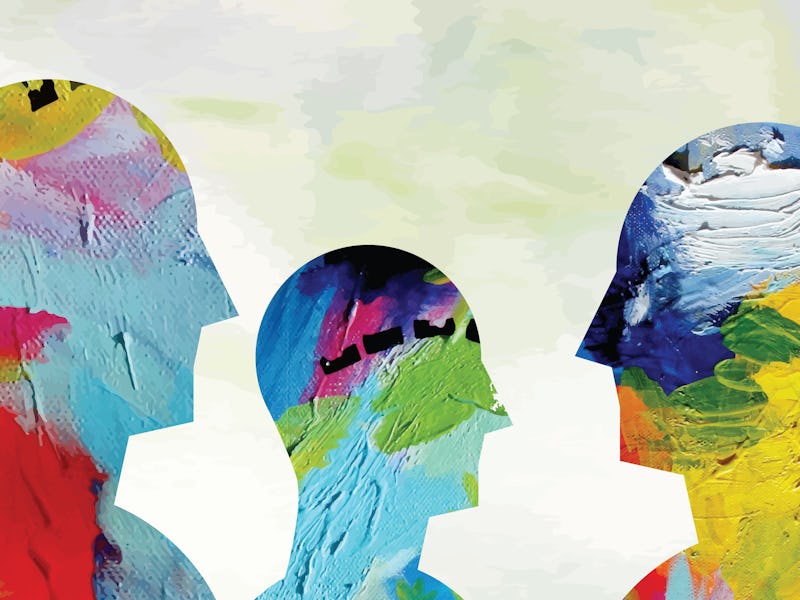Psychologists recommend combining 2 strategies to combat daily stress
The key is to balance "plans for the future with living in the moment.”

These days, it can be hard to stay positive. We are moving through staggering days, the kind of which many of us have been lucky to have never experienced before. This illness, Covid-19, will affect everyone — maybe you know a friend who is sick, a family member who has lost their job, a nurse on the front lines. It’s inconsiderate to yourself to think you won’t feel emotionally affected. That’s okay; that’s normal.
If present times do feel overwhelming, there are steps you can take to combat daily stressors — whether those be fear of illness, anxiety over close quarters, or fear you’ll run out of toilet paper. In a recent study conducted by researchers from North Carolina State University, it was found that the best way to weather stress was by incorporating two strategies into daily life: proactive coping and mindfulness.
“We know that it is overly simplistic to say that people should spend all of their time and energy planning ahead while ignoring the present, and we certainly know that neglecting the future at the expense of the present is a bad idea,” lead author Shevaun Neupert, a psychology professor, tells me.
“This study highlights the real tension that humans experience in balancing plans for the future with living in the moment.”
Mindfulness, Neupert explains, brings non-judgmental awareness to the present. It involves “accepting the here and now” and has been shown in previous work to reduce stress and anxiety.
Proactive coping involves working to reduce the likelihood of experiencing future stress. Neupert says that people who do more proactive coping — like visualizing their dreams and trying to achieve them — tend to encounter fewer stressful experiences.
“When daily stressors do crop up, being able to mindfully attend to the present is the best scenario.”
Neupert and her team examined the data of 223 study participants, who were asked to fill in surveys detailing how often they practiced mindfulness or proactive coping over the course of eight consecutive days. On average, proactive coping helped limit the effect of daily stressors — but that positive effect didn’t show up on days when the participant reported low levels of mindfulness. It was a combination of the factors that led to resilience.
Neupert acknowledges that, currently, “we are all living in a totally new environment,” and that the coping strategies that people might have used in the past to successfully navigate stressful experiences may not work the same way now.
Her work, she explains, highlights the idea that people need to match their coping strategy with the demands of the situation. There should not be a “one size fits all” coping solution; everyone should be encouraged to try various coping techniques.
Mindfulness and proactive coping are two of those techniques and could be applicable to your situation — even if your present doesn’t feel like a wonderful place to be.
“People can attempt to balance future-oriented and present-oriented thinking by doing their best to proactively cope and avoid future stressors,” Neupert says. “But when daily stressors do crop up, being able to mindfully attend to the present is the best scenario.”
In action, positive proactive coping can look like setting aside some time to come up with a plan to keep your kids occupied while you work from home, or setting aside some money for a “rainy day.” The key, Neupert explains, is to match the proactive coping strategy with the specific demands or needs of a possible stressor.
Still, it’s possible to allocate too many resources to a stressor that could have been avoided anyway (for example, people who hoard toilet paper).
Like most things in life, striking a balance is key — and it’s essential to be patient while finding what balance works for you.